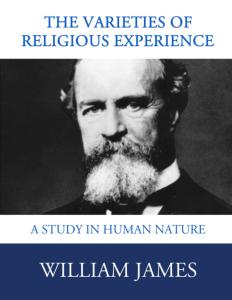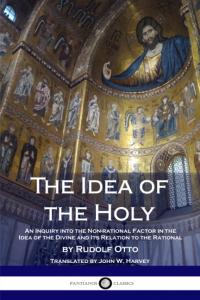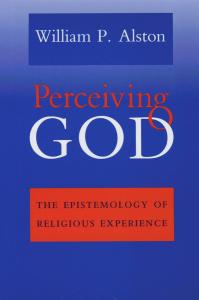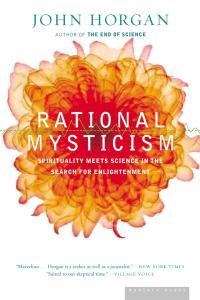Exploring the Depths of Religious Experience:
A Critical Review of Wayne Proudfoot's Insightful Book
Religious experience has been a topic of much debate and discussion throughout history. While some see it as a fundamental part of faith, others view it with skepticism and as a subjective phenomenon. Wayne Proudfoot, a renowned scholar of religion and philosophy, delves into this complex topic in his book Religious Experience. Published in 1985, this book remains a seminal work in the field, offering a critical analysis of religious experience and its implications for understanding religion.
Proudfoot begins by defining religious experience as "an experience in which a person feels themselves to be in a direct, personal, and immediate relation to whatever they take to be divine". He then examines different types of religious experiences, such as mystical experiences, conversion experiences, and revelatory experiences. He discusses their common features and variations across various religious traditions.
One of the key strengths of Proudfoot's book is his thorough analysis of the historical and philosophical foundations of the concept of religious experience. He traces its development through the works of influential thinkers such as William James, Rudolf Otto, and Mircea Eliade. He highlights the different interpretations and criticisms of this concept.
Proudfoot's central argument is that religious experience is problematic and should not be considered a valid basis for understanding religion. He argues that religious experience is subjective and cannot be verified or falsified, making it unreliable as a source of knowledge about the divine. Moreover, he contends that the emphasis on individual experiences neglects religion's communal and cultural aspects, which are equally important in shaping religious beliefs and practices.
Another significant argument put forth by Proudfoot is that religious experience is not a universal phenomenon. He challenges the idea that all religions share a common core experience and asserts that religious experiences are shaped by cultural and historical factors. This argument challenges the traditional view that religious experiences directly connect to the divine and allow multiple interpretations and understandings of the divine.
One of the strengths of Proudfoot's book is his rigorous analysis of the concept of religious experience, which provides a comprehensive understanding of its complexities. He also offers thought-provoking insights into the role of religious experience in shaping religious beliefs and practices. Additionally, his arguments against the universal nature of religious experience and its limitations as a source of knowledge are thoughtfully presented and supported by evidence.
However, one limitation of the book is that it can be dense and challenging for readers unfamiliar with the philosophical and theological concepts discussed. Some readers may find it difficult to follow and may require prior knowledge or additional resources to fully grasp the arguments presented.
In conclusion, Wayne Proudfoot's book Religious Experience is a groundbreaking work that challenges the traditional understanding of religious experience and its role in shaping religion. His critical analysis of the concept and its limitations provides valuable insights for scholars and students of religion, philosophy, and theology. Whether you agree or disagree with his arguments, this book is a must-read for anyone interested in understanding the complexities of religious experience.






